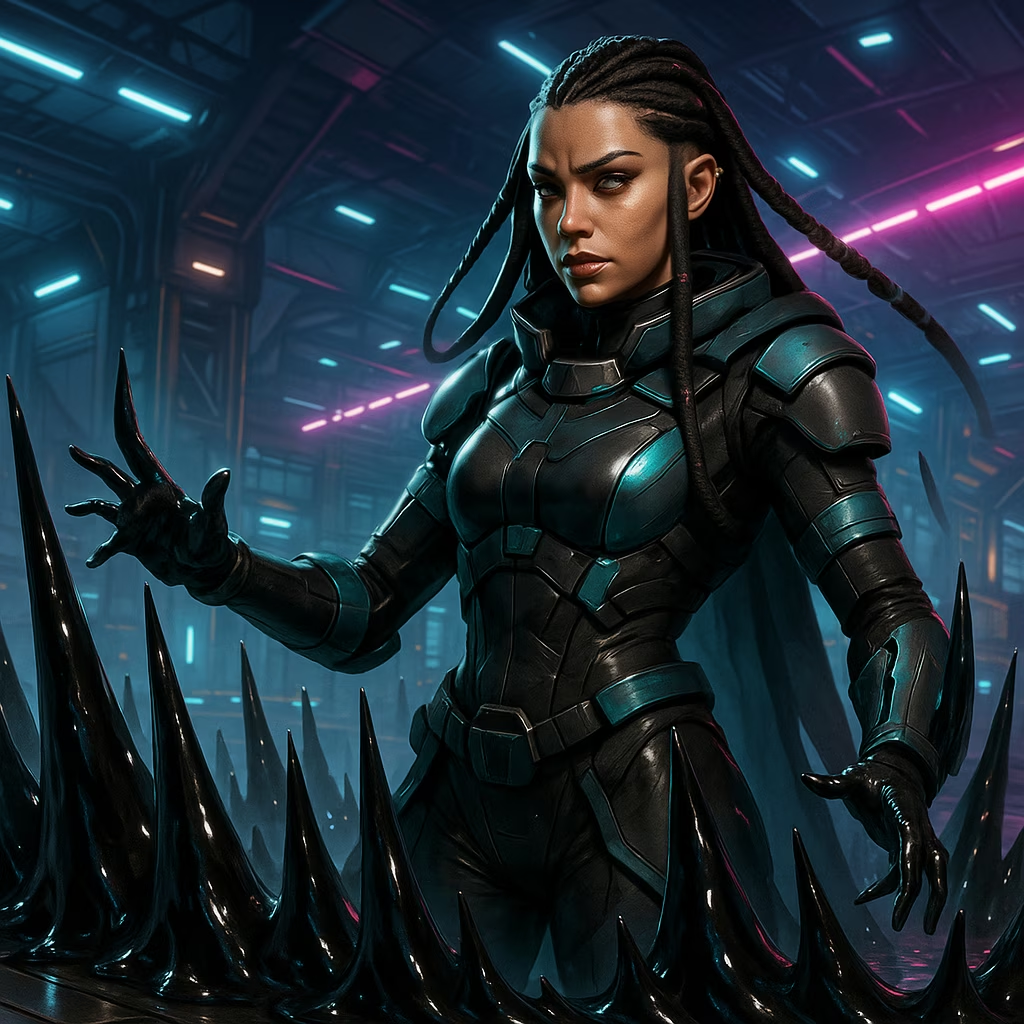As I dive into the vibrant chaos of Apex Legends in 2025, my fingers trembling with excitement on the controller, I can't help but marvel at how this game has reshaped my understanding of hero shooters. 😊 Back in the early days, I was hooked on titles like Overwatch, where roles felt predictable—Tank, DPS, Support—and strategies often boiled down to rigid formulas. But Apex? It blew that out of the water from the start. Respawn Entertainment didn't settle for the tired trio; instead, they crafted a world where every legend brings something unique to the table, making each match a thrilling puzzle of tactics and timing.  This isn't just about dealing damage or healing; it's about how Assault characters like Bangalore charge into the fray, Skirmishers like Horizon zip across the map for high-ground advantages, and Recon legends such as Bloodhound unveil enemy positions to control engagements. Oh, and Support heroes? They're not mere healbots—they resurrect fallen teammates and optimize loot, adding layers of utility that keep squads alive against all odds.
This isn't just about dealing damage or healing; it's about how Assault characters like Bangalore charge into the fray, Skirmishers like Horizon zip across the map for high-ground advantages, and Recon legends such as Bloodhound unveil enemy positions to control engagements. Oh, and Support heroes? They're not mere healbots—they resurrect fallen teammates and optimize loot, adding layers of utility that keep squads alive against all odds.
Reflecting on my countless hours in the arena, I see why Apex's role system stands head and shoulders above competitors like Marvel Rivals or Valorant. Valorant tries with its Initiators and Sentinels, but honestly, those categories blur together too much—Agents overlap in ways that stifle creativity. In contrast, Apex's five distinct classes—Assault, Skirmisher, Recon, Controller, and Support—offer unparalleled nuance. For instance:
-
Assault Legends: Focus on aggressive pushes, like dealing heavy firepower to pressure enemies head-on.
-
Skirmishers: Emphasize mobility and repositioning; think Valkyrie flying to flank foes unexpectedly.
-
Recon Characters: Provide intel through scans, dictating when and where battles occur.
-
Controllers: Deny space with traps, like Wattson's fences reshaping final circles.
-
Support Heroes: Sustain teams with respawns and loot boosts, not just heals.
This diversity means no two legends feel interchangeable—a far cry from games where DPS heroes are just damage variations. People also ask: Why does Apex's system avoid the rock-paper-scissors trap of class counters? Well, it's fluid; Skirmishers aren't just fast DPS—they enable strategic isolation of targets. Similarly, Recon characters don't merely reveal locations—they empower squads to dictate engagement timing. And let's not forget how Support roles handle map-dependent functions, turning respawn beacons into game-changers. This depth rewards adaptability over button-mashing; in competitive play, it forces players like me to master map flow and legend interplay. I've lost count of how many times a well-timed Skirmisher move saved our squad, or how a Recon scan turned a losing battle into a victory.
Now, comparing it to Valorant's attempt at class distinction only highlights Apex's sophistication. Valorant's Agents—Initiators, Duelists, etc.—often blur roles, leading to repetitive loops. But in Apex, each role's function is deeply integrated into gameplay. Support characters, for example, do more than heal; they optimize survival through loot and respawns. People also ask: How do Controller legends like Caustic influence final circles? By creating area denial that forces enemies into unfavorable positions. This isn't superficial—it transforms every match into a chess game where creativity thrives. And yes, while Valorant borrows elements, it lacks the layered strategy that makes Apex feel smarter and faster.
What does this mean for the future of hero shooters? 🤔 As we stand in 2025, with games evolving rapidly, I wonder: Will other developers embrace such fluid role systems, or will they cling to outdated tropes? The possibilities are endless—perhaps new innovations could emerge from Apex's foundation.
